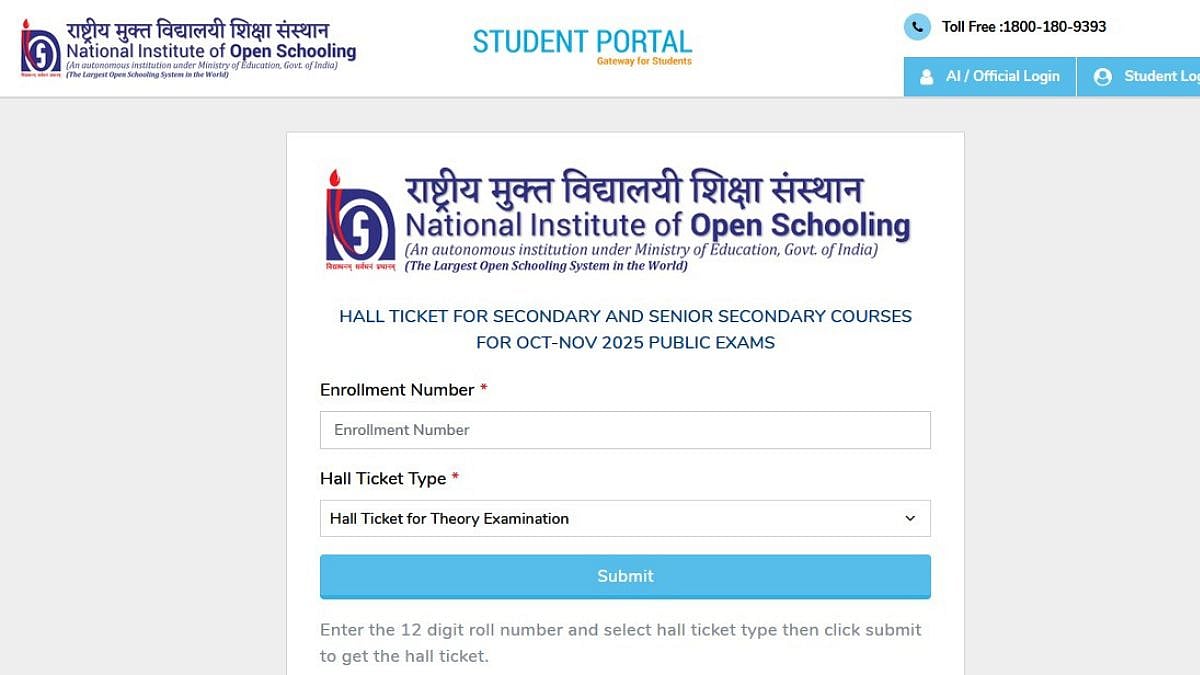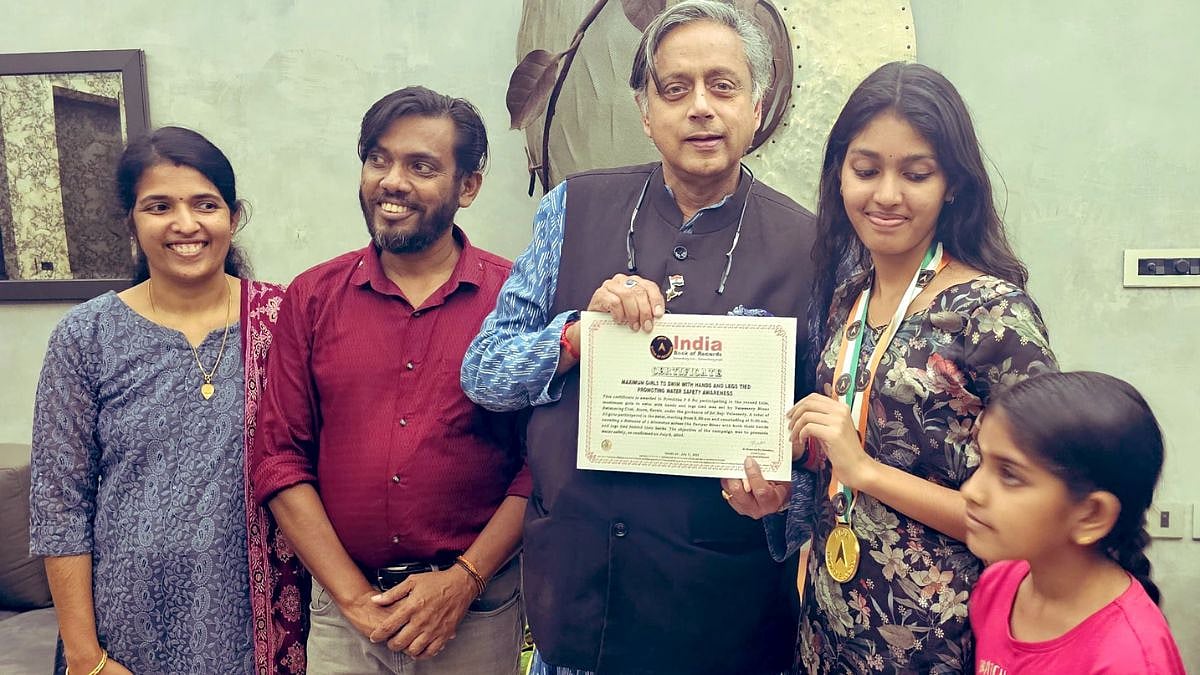Mumbai: Higher Education Institutes (HEIs) across Maharashtra have been instructed to get the ball rolling for the arrival of National Education Policy (NEP) 2020, with a detailed set of instructions issued by the state government on Thursday.
According to the state's plan, which was prepared by a sub-committee headed by former University of Mumbai (MU) Pro Vice-Chancellor Ravindra Kulkarni, all the traditional undergraduate programmes such as BA, BSc and BCom will be constituted by six verticals.
These include major subjects; minor subjects, generic or open elective courses; Vocational and Skill Enhancement Courses (VSEC); Ability Enhancement Courses (AEC), Indian Knowledge System (IKS) and Value Education Courses (VEC) and Field projects, apprenticeship or community service.
Universities to offer six verticals
Students will have to study their Major, or core subject, for all the years of their degree. The major will account for at least 50% of the total credits earned in the three or four year undergraduate (UG) programmes. Next, the students will have to pick a minor subject (18-20 credits) from any department of choice, including the department of their major. Students will have to study this subject only for the first three years of their degree.
The third subject before students is the Generic or Open Elective (OE) course (10-12 credits), which must be selected from any department barring the one of their Major. This course will be offered only for the first two years for which colleges will prepare faculty-wise baskets offering classes. Fourth, the Vocational and Skill Enhancement Courses (14-16 credits) which will allow students to get hands-on training in the subjects they are majoring or minoring in.
The fifth vertical will be offered within the first two years of the degree and the student will earn a total of 14 Credits for the three programmes. Lastly, the Internship/Apprenticeship corresponding to the Major will award students 8 credits and the Field Projects/Community Engagement and Service corresponding to the Major will get the students 4-6 credits.
The courses can also be finished in a hybrid format as students will be allowed to complete 40% of their credit requirement via online courses or the SWAYAM platform.
Credits to accumulate over years
Starting July 2023, universities will start providing four year undergraduate degrees (honours or research) to the fresher batches for all B.A., B.Sc., B.Com. and all Non-AICTE professional degree programmes, though they can still get the regular degree after three years of the course. As announced earlier, students will be allowed to enter and exit the course multiple times and will be provided the degree equivalent to the credits they have earned. Students will also be given the liberty to switch colleges for interdisciplinary courses.
Students will be awarded the UG certificate after exiting the course after one year (40 credits), UG diploma after two years (80 credits), Bachelor’s degree after three years (120) credits, and Bachelor’s degree with honours (160 credits) after four years. Colleges can also permit four year degrees with honours and research, provided they have atleast two research guides in their department. The fourth year of four years honors UG degree shall be identical in structure to the first year of two year PG programmes offered after three year UG programmes.
The policy is to be rolled out gradually, starting only with the batch stepping into academic session 2023-2024. These new students will have to attain a minimum 20 and a maximum of 22 credits each semester, as prescribed by the National Credit Framework. Universities, however, can create mechanisms for semester-wise credit flexibility within the broad framework.
Colleges will have to seek permissions to start four year degrees from the universities they are affiliated to. Those that are already offering postgraduate programmes can start offering four year degrees by default.











